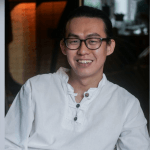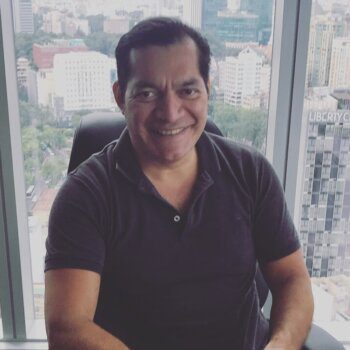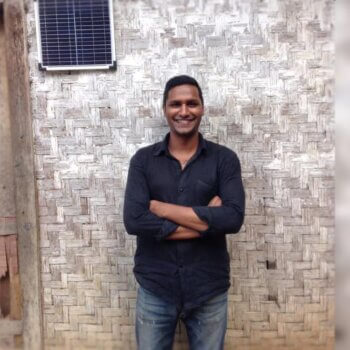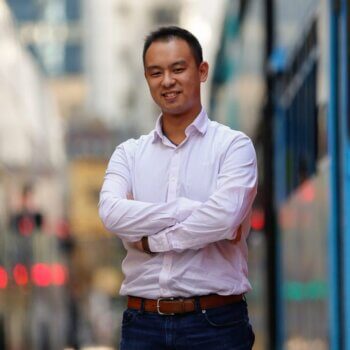This article was originally published here: Jesse Cai – Founder & Chiropractor of Square One Active Recovery
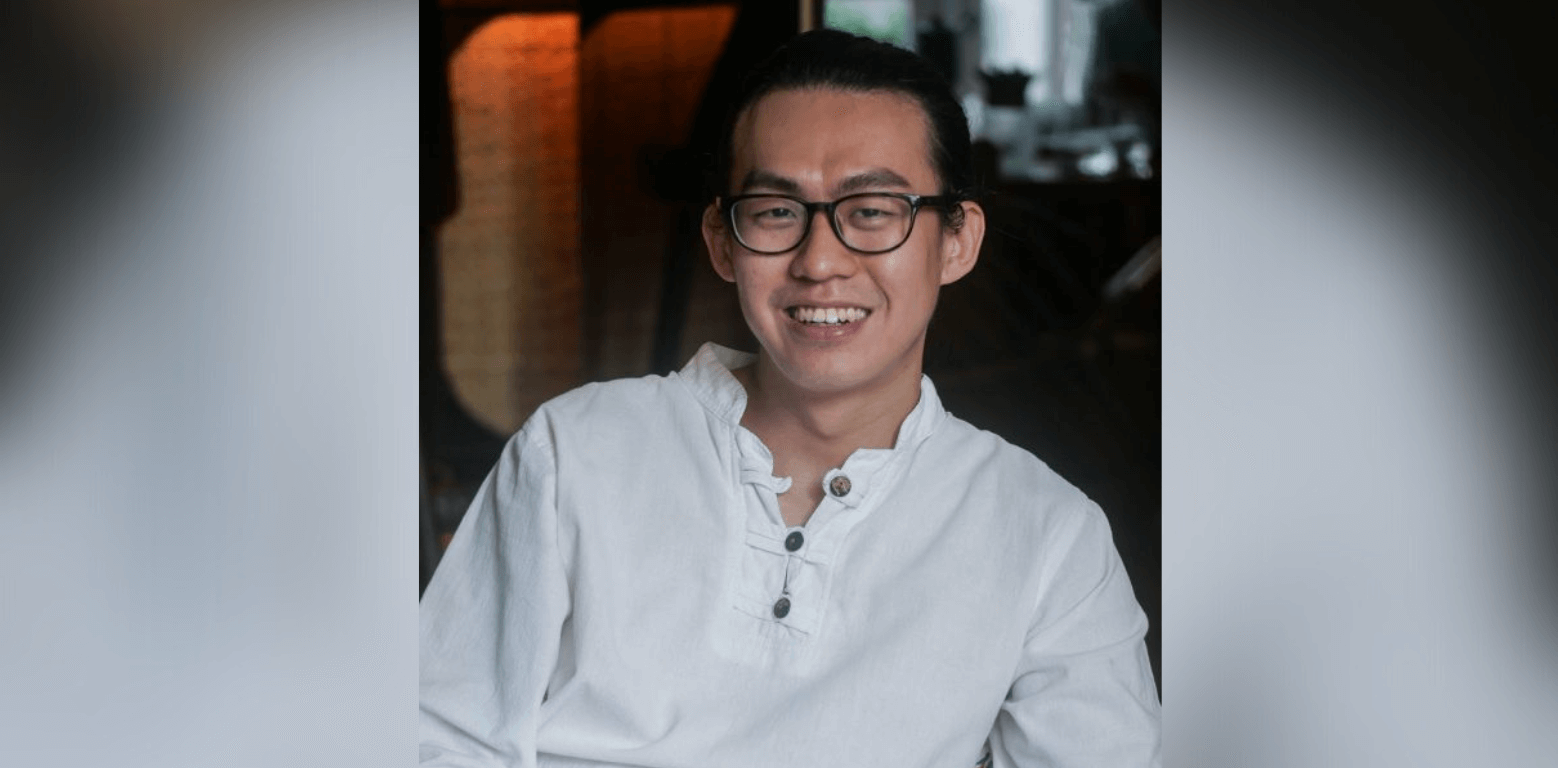
Few entrepreneurs start a business with the intention of making themselves redundant to their clients, but that is what Jesse Cai has done, and he has made a success of it!
What’s your story?
When I moved back to Singapore five years ago, chiropractic clinics largely worked on a crack-and-go format. While the chiropractic adjustment ASMR effects is truly incredibly, it almost never helps chronic pain sufferers in the long-term. You feel better after every session but your pain always comes back. This is why many chiropractors encourage you to keep coming back, even when you are totally pain-free.
I started Square One Active Recovery to help chronic pain sufferers find long-term pain solution. We do this through exercise, education, and/or life coaching. Our mission is to make our own services redundant to our clients.
What excites you most about your industry?
We are starting to see Singaporeans appreciating the relationship between exercise and physical health.
In the past, most patients would stop running if their knee hurts. Older pain patients would refuse to exercise because they misunderstand exercise to be bad for their joints. It is largely an avoidance approach.
Today, patients are a lot more proactive in their recovery. They appreciate that doing the right exercises for recovery can help them return to sports. We also see seniors coming to us because they want to lift weights and be able to take charge of their health!
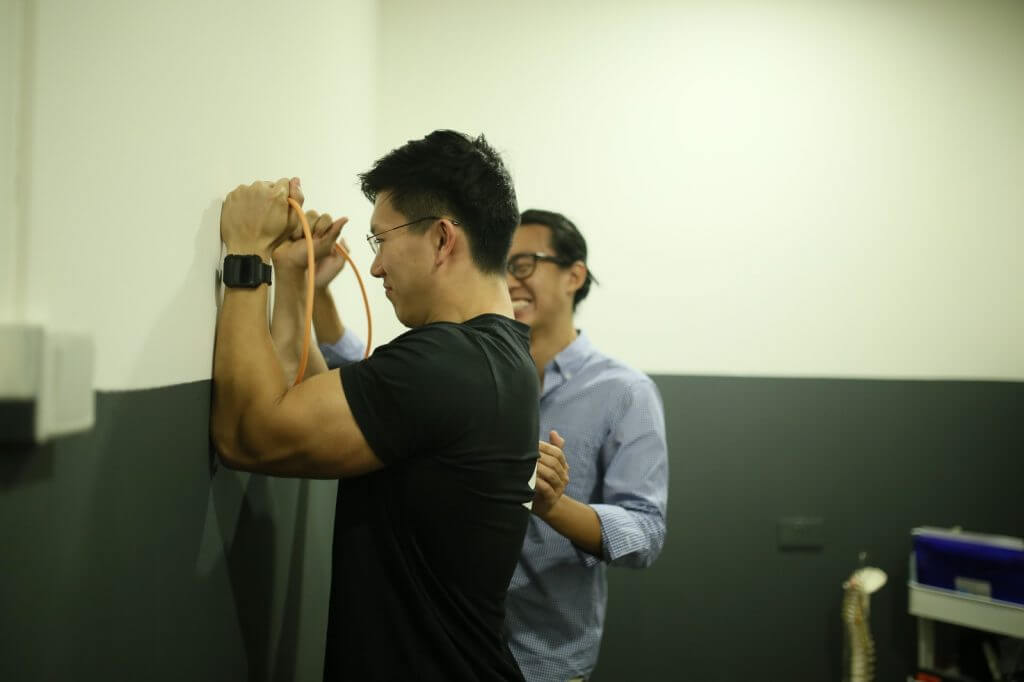
What drives you in business to push beyond what other people consider normal?
We always tell our senior clients that the benchmark for recovery for lower back pain is to be able to deadlift 40kg. Most of them have never lifted weights or entered a gym in their lives! They would assume that they belong to the group that will NOT be able to lift 40kg.. When the time comes that they are able to lift 40kg or more, something in them clicks and there’s the golden moment when they realise they can actually do a lot more than what they believed or what others have been telling them.
What have been the most useful skills you have learnt and applied in your journey?
I took the Solution-Focused Coach Training with Debbie Hogan during COVID. When I started the programme, I was expecting it to be some sort of self-help, you can do it “rah rah” course. It turned out to be incredibly evidence-based. A lot of the principles are about getting people to help themselves (rather than just giving them the help they need).
We were able to apply SF principles in our recovery programmes, and the results have been amazing. We see our clients shift from “I cannot do this” or “this is too much for me” to “let’s give it a shot”.
What’s the best piece of advice you ever received?
“Try now, worry later.” Having gone through the Singapore education system, we inevitably resort to problem-solving mode every time a problem or challenge arises. We come up with so many scenarios and so much effort is put into trying to find a perfect solution. Sometimes, we forget the best thing to do is to just do something and see what happens. We all have strengths and we all have resources we can tap into to make something happen. Sure, it may not be the best thing but at least we try and move one step closer to our goals.
Who inspires you?
NA
What have you learnt recently that blew you away?
There are people who value their customer experience over results. A lot of our clients find it strange that we don’t have a front desk or a sales team. We don’t have that because we want to keep our business lean. We also don’t think having a front desk or sales team will improve recovery outcomes. However, we have had people who decided against working with us because of the lack of a customer experience. We assumed results would be most important to people but we may be wrong!
If you had your time again, what would you do differently?
We would start our functional training gym from the get go. Very early into our business, we realised that it’s not sustainable to deliver results. For our industry, the better job you do, the faster your clients get better, and the less money you make. Yes, we can raise our fees but we already charge more than double our nearest competitor. We started a functional training gym so we can work with Singaporeans on their physical health before the aches and pain start. It also gives us recurring revenue, which is helpful.
How do you unwind?
I watch Netflix or sleep in for the day!
What is a major mindset change, belief shift or ‘ah ha’ moment that you’ve experienced in relation to your business?
NA
Everyone in business should read this book:
Influence: The Psychology of Persuasion by Robert Cialdini. Often we focus so much on developing a good product or service. Sure, that’s important but if there are no users or clients, nobody actually benefits from whatever you are selling. In healthcare, it takes 17 years for research to trickle down to mainstream practice! Being evidence-based for us really means spending a lot of time explaining to patients that what they think or believe is wrong, and convincing them that there is a better pain solution for them.

Shameless plug for your business:
Founded by Singapore chiropractor Jesse Cai in 2018, Square One Active Recovery is Singapore’s only whole-person & empowerment-based pain solution. We help chronic pain sufferers find true freedom from pain.
Our mission? To make our services redundant to you.
How can people connect with you?
Please reach out to us via our website at chiropractor-singapore.com.sg or our email at [email protected]
Social Media Links?
https://www.instagram.com/squareoneactive/
https://www.facebook.com/squareoneactive/
https://www.instagram.com/pompipigym/
This interview is part of the CallumConnects series.
Jesse Cai – Founder & Chiropractor of Square One Active Recovery
The EnterpriseZone Writing Team
